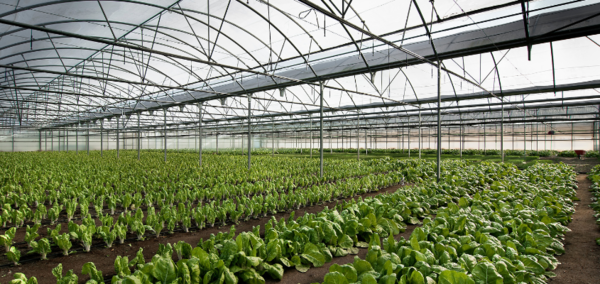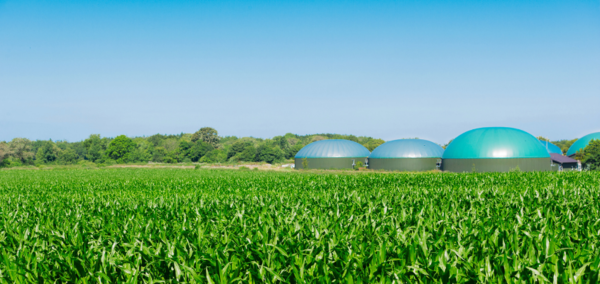Water is the main ingredient in beer (over 95%). The overall water footprint of brewing ranges from 6 to 8 liters of water per liter of beer, while in modern large breweries it can drop to a 3:1 ratio.
In Europe, some plants have achieved even greater efficiency: in 2019, the average consumption was 2.82 l/l, with the most efficient systems at 2.55 l/l, and the goal is to bring all breweries below 3 l/l by 2030 (source: asahiinternational.com).
Another industry study highlighted that between 2013 and 2017 the Water Use Ratio improved by 9% (from 3.68 to 3.35 l/l), saving around 27 billion liters of water, the equivalent of nearly 11,000 Olympic swimming pools (source: aesseal.com).
Circular economy: turning by-products into resources
Brewing by-products – spent grain, yeast, and hops – are a valuable resource: rich in nutrients, biodegradable, and potentially recoverable to reduce waste and environmental impact.
These by-products can be upcycled: conversion into biogas, compost, or ingredients for animal feed and fertilizers helps close the resource-energy cycle, delivering both environmental and economic benefits.

Best practices from sustainable breweries
Some breweries are already setting inspiring examples:
-
Shepherd Neame (UK) recycles 97% of spent grain and hops as animal feed, uses recyclable packaging, and operates a water recovery plant.
-
Sierra Nevada (USA) uses 2.6 MW of solar panels, biodiesel from waste cooking oil, rail transport, and has reduced solid waste by more than 99.5%.
-
Odell Brewing consumes less than 3.2 gallons of water per gallon of beer, saving more than 1.5 million gallons annually in local water systems.
Circular economy in action
Projects like CHEERS demonstrate how brewing by-products can be transformed into bioenergy and bioproducts, generating 100–150 m³ of biogas per ton of waste (equivalent to 2.5–3.5 MWh of energy), confirming the potential for sustainable new value chains (source: cheers-project.eu).
The European concept of circularity aims to reduce reliance on virgin raw materials, encouraging reuse, recycling, and upcycling to cut waste and the overall climate footprint.

Towards a greener future
The growing consumer demand for sustainability requires concrete responses: resource optimization, by-product regeneration, and efficient water management are fundamental steps toward a more responsible brewing economy. The adoption of circular practices and technologies is both a competitive advantage and a duty toward the planet.
PUBLICATION
30/08/2025
















